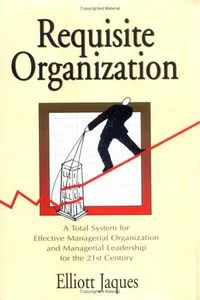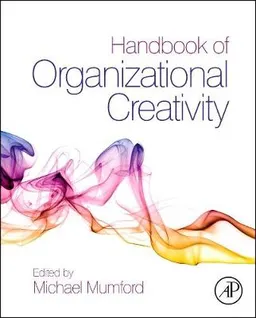Teams have more talent and experience, more diverse resources, and greater operating flexibility than individual performers. So why do so many teams either struggle unpleasantly toward an unsatisfactory conclusion-or, worse, crash and burn shortly after launch?
J. Richard Hackman, one of the world's leading experts on group and organizational behavior, argues that the answer to this puzzle is rooted in flawed thinking about team leadership. It is not a leader's management style that determines how well a team performs, but how well a leader designs and supports a team so that members can manage themselves.
According to Hackman, cookie-cutter formulas and prescribed leadership styles often backfire because they place far too much emphasis on the leader as the primary cause of team behavior. In leading teams, he identifies the key conditions that any leader can put in place to increase the likelihood of team success-regardless of his or her personality or preferred style of operating.
Through extensive research and compelling examples ranging from orchestras to economic analysts to airline cockpit crews, Hackman identifies five conditions that set the stage for great performances: a real team, a compelling direction, an enabling team structure, a supportive organizational context, and the availability of competent coaching.
leading teams outlines what leaders can do to structure, support, and guide teams in a way that
enhances the social processes essential to collective work;
builds shared commitment, skills, and task-appropriate coordination strategies;
helps members troubleshoot problems and spot emerging opportunities; and
captures experiences and translates them into shared knowledge.
Out of these conditions, Hackman argues, the very best teams emerge-teams that exceed client expectations, grow in capability over time, and contribute to the learning and personal fulfillment of individual members.
Authoritative, practical, and astutely realistic, leading teams offers a new and provocative way of thinking about and leading work teams in any organizational setting.
AUTHORBIO: j. richard hackman is the Cahners-Rabb Professor of Social and Organizational Psychology at Harvard University. He resides in Bethany, Connecticut, and Cambridge, Massachusetts.
Åtkomstkoder och digitalt tilläggsmaterial garanteras inte med begagnade böcker





















